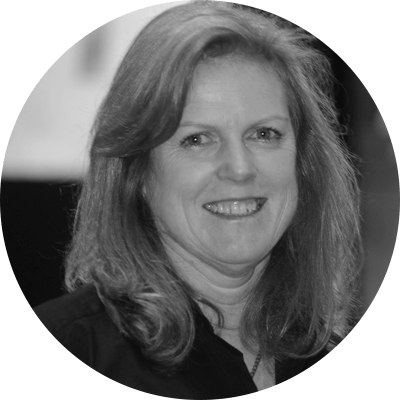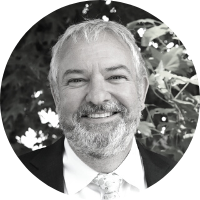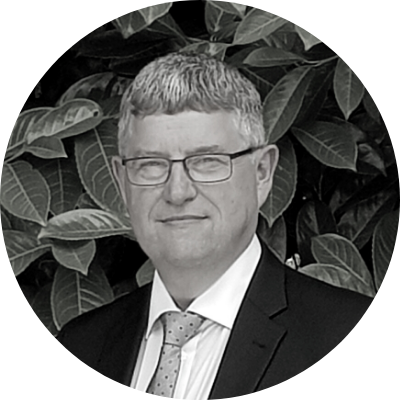Why Attend an FSTGov Summit?
An unparalleled platform for the Public Sector to engage and network
- Cement existing relationships across the Public Sector through FSTGov’s unique cross-agency forum that reaches across the Whole of Government
- Make new connections with fellow peers across Government (those that already work collectively, or have not yet had the opportunity to join these wider forums)
- Learn exclusively from relevant out-of-industry and International leaders, underpinned by relationships FST holds across A/NZ, Asia, and the global arena
- Attract talent from up-and-coming specialists and future leaders we selectively invite from across the sector and Universities
- Our agenda assembles a high-calibre speaker faculty and programme developed in partnership with key government executives
- Bridges leaders and agencies who are keen to work collectively towards aligned goals and opportunities
- Extend beyond traditional forums that do not tend to span as widely nor reach as many key leaders in Federal and State Government
- Our focus on government alone means the Public Sector can better relate and overcome shared challenges as opposed to generic technology events hosted in A/NZ
- Our customer-driven model means we host the highest quality events and activities, free of charge, for our attendees
- Events are in this way measured directly by attendee experience, value of insights shared and time dedicated
- Events are accompanied by bespoke forums that enhance professional development and opportunities to follow up and connect with peers on more than an annual basis
- Discussion formats enhance opportunities for audience and speakers to workshop learning lessons on and off the stage
Who’s going to be there?
We will be reaching an audience of XXX+ XXX Public Sector IT, Digital, Data, Cyber, and Transformation Executives.
Last year we welcomed our most sterling line-up of speakers that featured X1, X2, X3, alongside innovators and technologists from … and more (see past agenda & speakers here).
Who is FSTGov?
Our programs feature senior leaders at the forefront of public sector innovation and offer unparalleled opportunities to have in-depth discussions with their peers across the public sector.
FST Government’s 2024 Event Series seeks to cast a high-level look at strategies and key trends in the Public Sector and as a result, we are focusing on developing a high-calibre speaker faculty as well as audience. It is tailored specifically for decision-makers within the technology space, thought leaders and innovators from government departments, agencies, educational institutions, health organisations, councils and utilities.
- Tom FrostProgramme ManagerFar North District Council
REVOLUTIONIZING URBAN LANDSCAPES: UNLEASHING THE POWER OF SMART CITIES
- Citizen-centric innovations: discover the power of active citizen participation.
- Empowering communities: leverage technology to empower citizens and promote social equity.
- Reshaping urban sustainability: data-driven decision-making for a resilient urban ecosystem.
Our peer-to-peer roundtable discussions enable you to engage with other attendees as they rotate from table to table.
Each discussion features one of 9 distinct topics and is hosted by a technology expert together with a government co-host to drive an engaging conversation amongst the participants.
This year's top themes span across Digital Leadership, Workforce Transformation & Development, IT Capabilities, Evolving Technology, Cyber Uplift, Advanced Data & Analytics, and more.
LOCAL GOVERNMENT TRANSFORMATION: UNLEASHING THE POWER OF CONNECTION AND COLLABORATION ACROSS NEW ZEALAND
- Enhancing communities: amplify local government excellence by fostering synergy and collective success across councils.
- Maximise resource utilisation: optimising the potential of effective resourcing and doing more with less.
- Digital literacy: levelling-up skills, insights, and capabilities for informed decision-making across services.
LOCAL GOVERNMENT INSIGHTS: HOW DIGITAL TECHNOLOGIES CAN ENHANCE THE WELL-BEING OF CITIZENS
- Agility at the forefront: how can councils stay ahead of the transformation curve and what strategies should be considered to ensure new technologies can quickly be adopted?
- Crafting the perfect approach: how can local governments leverage insights, analytics, and AI to serve the community better?
- Continuous Improvement: what are some ways to improve data availability, accessibility, and reusability while maintaining transparency and public trust?
- How can councils enable an adaptive architecture or business enhancement program that allows real-time response to citizen and stakeholder needs?
UNVEILING NEW ZEALAND'S MONUMENTAL REFORM: SHAPING THE FUTURE OF LOCAL GOVERNMENT
- Community resilience: explore the importance of cooperation between local authorities, stakeholders, and the community to achieve effective governance and ensure long-term sustainability.
- Adapting quickly in an ever-changing environment: delve into the transformative implications that proposed changes hold for local government, highlighting the need for agile decision-making, innovative approaches, and adaptable strategies.
- Local Democracy is inalienable – but scale matters for some things.






















